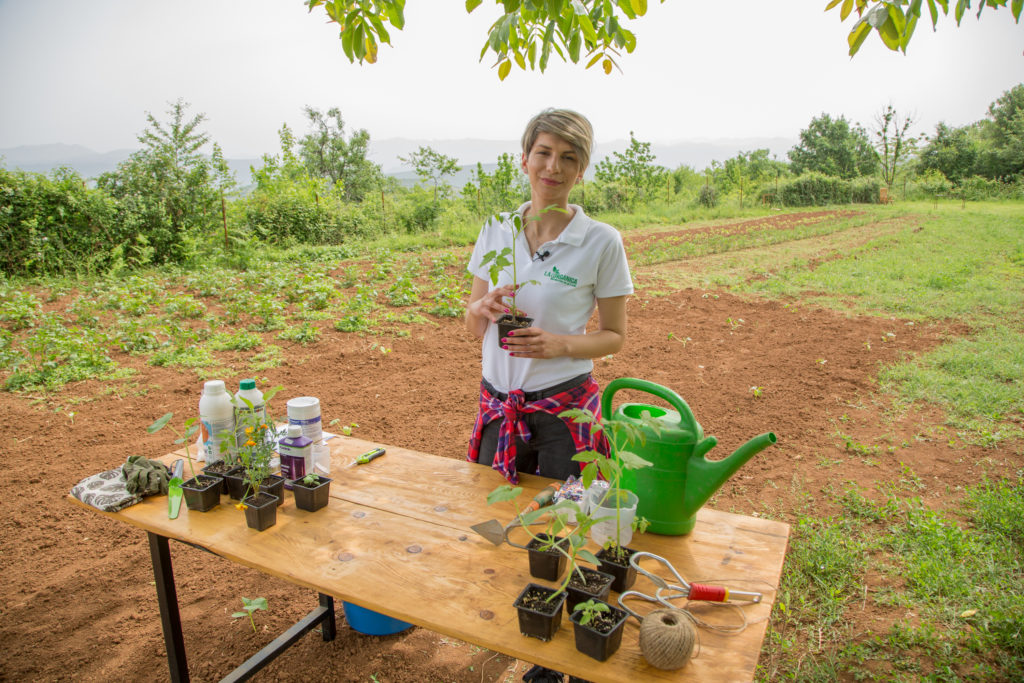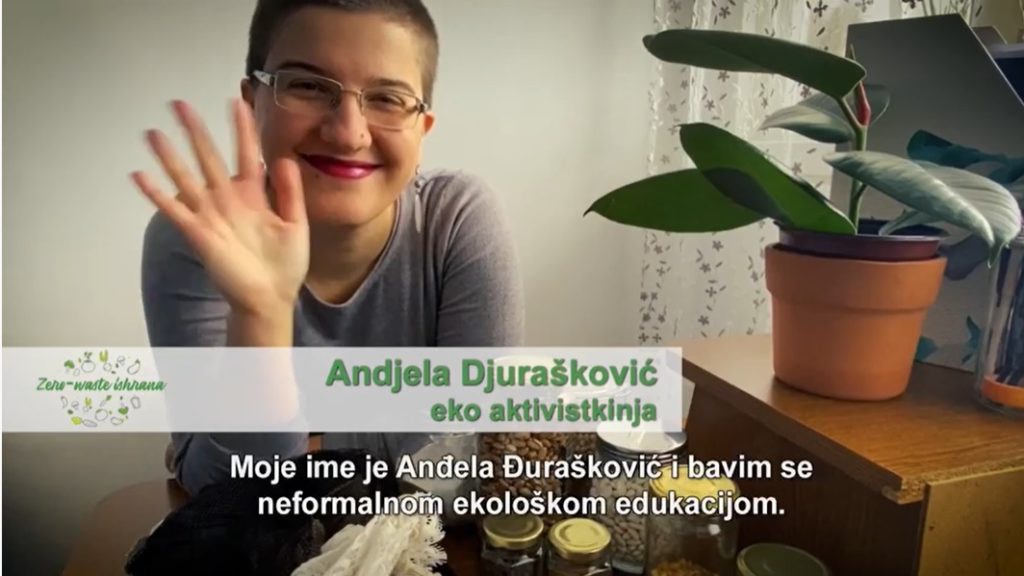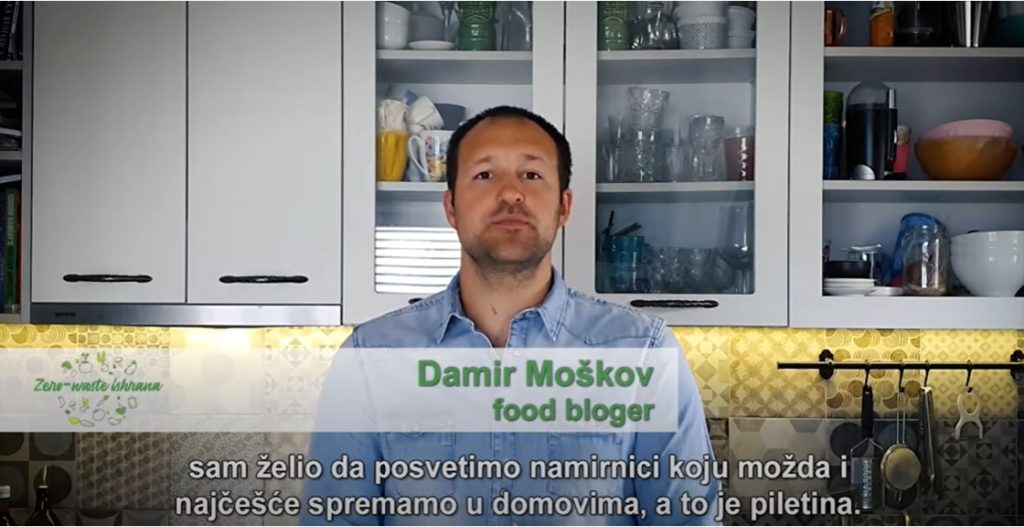What is a zero-waste diet, or how can one produce organic food and store it in accordance with the rules of energy efficiency? Beside making our lives more beautiful, the answers to these questions will help us preserve nature, too. Today is Environment Day and it is the right time to remember them..
Almost half a century ago, the United Nations chose 5 June as the day when we communicate the most, make agreements, and try to learn more about the protection of nature in order to help our environment be cleaner and better protected.
This is exactly what we have done during our “EU in the palm of your hand” campaign, which we launched during the coronavirus epidemic. Environmental protection is one of the most important priorities of the European Union, which is confirmed by the plan for Europe to become the first climate-neutral continent by 2050, presented through the “Green Deal.” Aware that great things start with small steps, we have chosen tips on how we can protect nature from our homes by utilising our free time during the epidemic more interesting and productive.

In the series “Your Garden,” we showed how you can plant a garden on your balcony. Our friends from the company “La organica” explained that it only takes one square meter, a little water, sun and good will to make a beautiful small garden on your terrace. We learned that tomatoes love the sun and that it is best to plant basil next to it since this will bring out the taste of this red vegetable making it stronger and more beautiful. They explained how you can organically protect your plants from various diseases without polluting the soil and reducing the nutritional value of the fruit. For those of you who still have a yard, they showed you how to plant tomatoes, cucumbers, and zucchini including a recipe on how to prepare a real delicacy from a zucchini flower.

The eco activist Andjela Djuraskovic finally demystified the term “zero-waste diet.” She explained that it follows two rules: don’t buy packaged food, don’t throw away anything edible! She shared with us tips on how to make the most out of our food in a way that is not harmful to our health or the planet. If you are unsure whether you can apply these two simple rules, Andjela reminds you that more than one third of the food produced in the world is thrown away every year. If the food thrown away was the state, it would be the third largest polluter in the world, Andjela explained vividly. She also taught us how to compost by turning food waste into humus, which you can later use for your garden on the terrace.

The fblogger Damir Moškov, better known for his Instagram profile „Damirove Gastrolomije,“ presented a zero-waste diet through different recipes that help us produce minimal or to no waste during cooking. He taught us what to do with the eggs we have left a few days after Easter, how to prepare three different meals from one whole chicken, what to do with overripe bananas, cauliflower leaves, and broccoli stalk, which we usually throw away.

We also dedicated part of the advice to food storage itself, respecting the rules of energy efficiency. It was during the coronavirus days that we spent most of our time at home, which means we spent more electricity than usual. On our social networks, we presented infographics with tips on how to maintain your refrigerator to consume less electricity, but also how to store food in it. In accordance with the season, we will soon share with you tips on how to maintain air conditioners and achieve the optimal temperature while respecting the rules of energy efficiency.
In this text, we have listed only part of the tips which we prepared for you within the “EU in the palm of your hand” campaign. In line with this year’s slogan, under which the EU celebrates Environmental Day “Time for Nature!,” click here and find out more.
